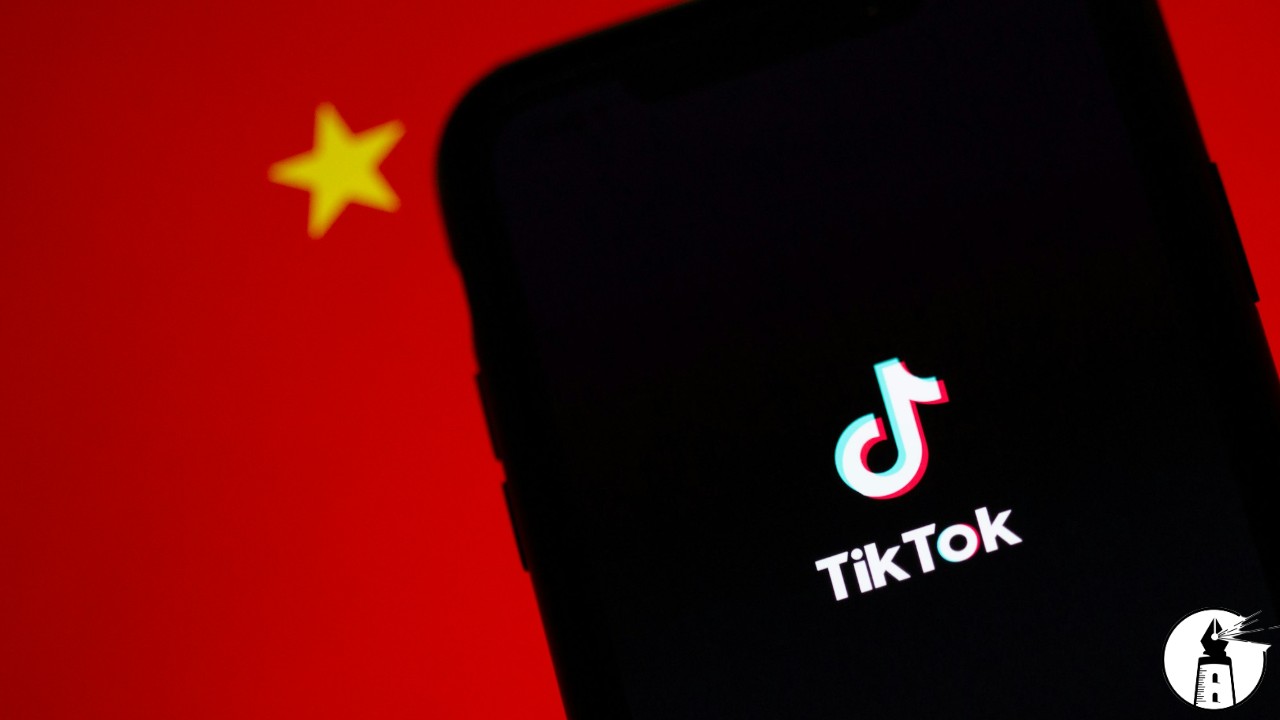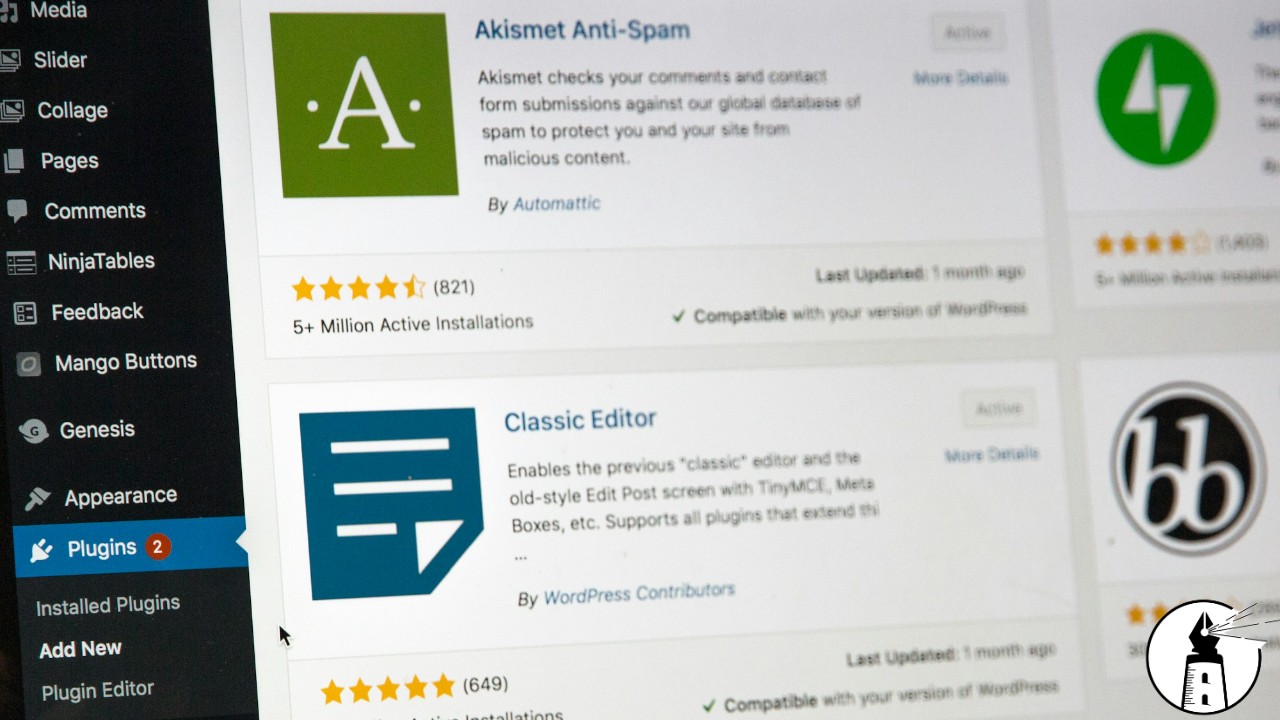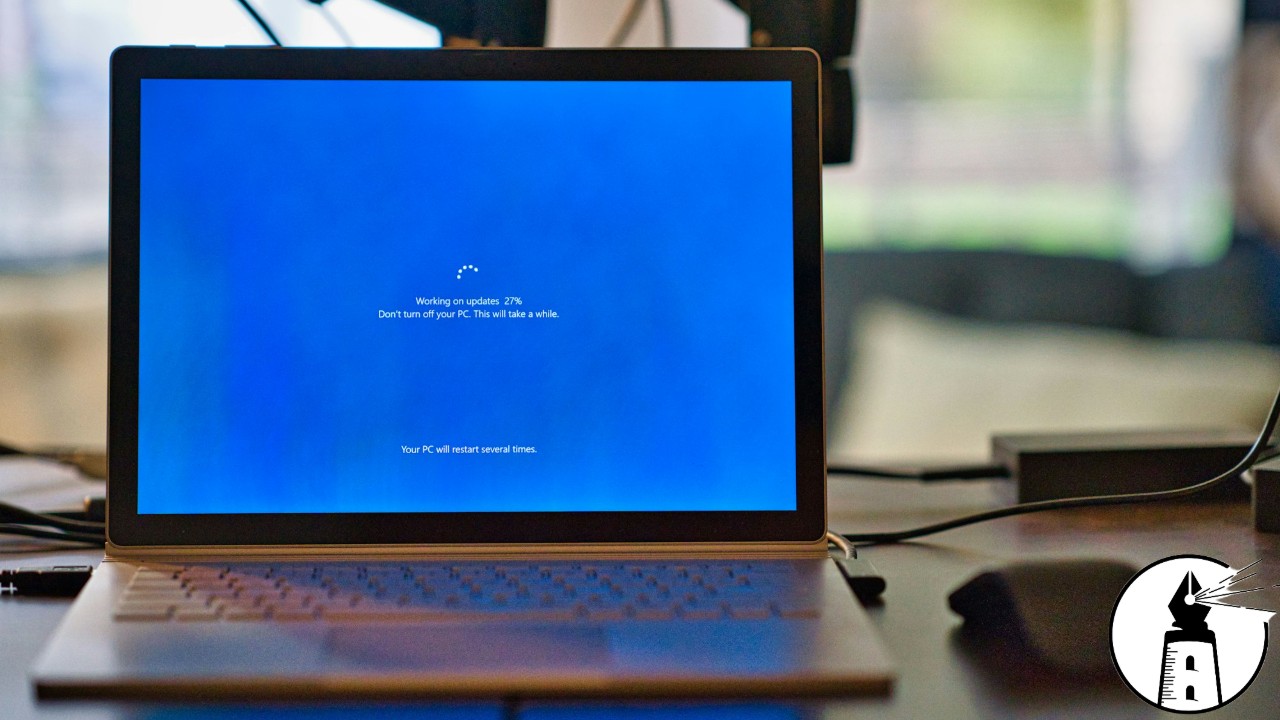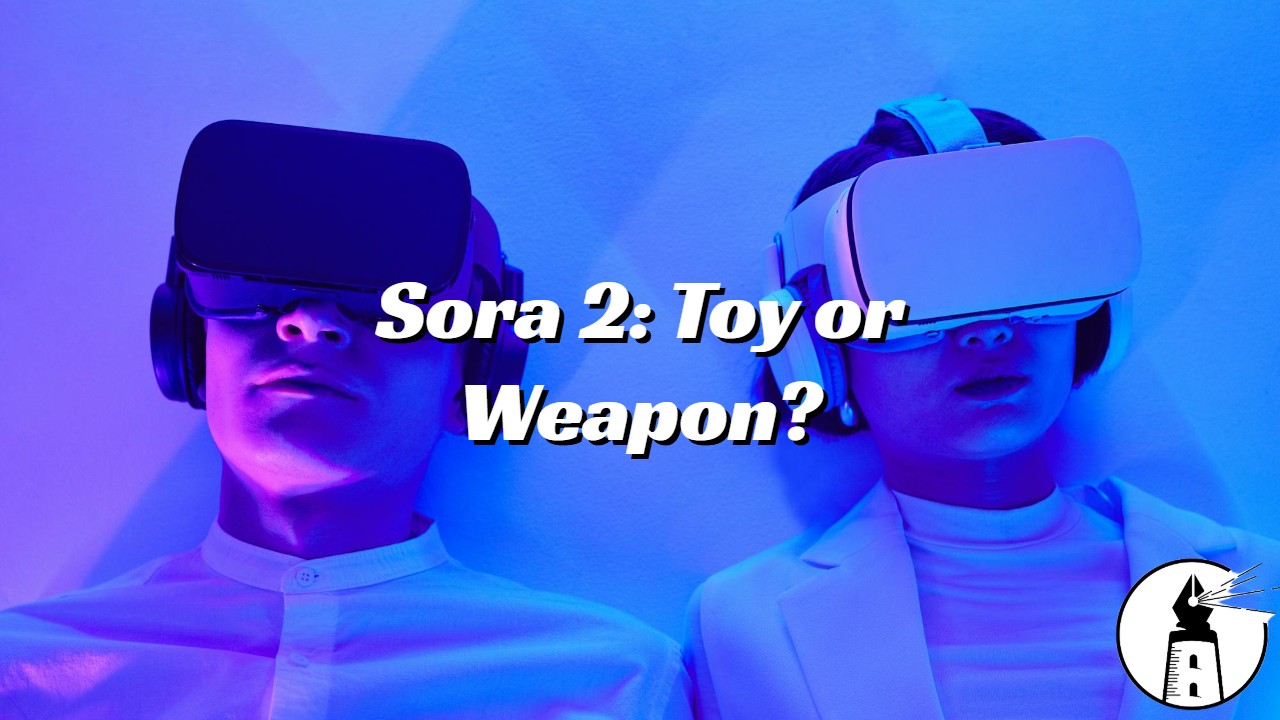Over the past few years, TikTok has cemented itself as one of the most influential social media platforms in the world. With its addictive short-form videos and powerful algorithm, the app has captivated millions, particularly younger audiences. But as the U.S. Supreme Court prepares to hear arguments on whether the federal government can ban TikTok, it’s worth considering whether society might ultimately be better off without it.
This isn’t an argument for TikTok’s closure; rather, it’s an invitation to reflect on the societal challenges the app presents. If TikTok were to disappear, its millions of users would likely migrate to another platform, perpetuating many of the same issues. Still, TikTok’s unique combination of problems makes it worth examining closely.
Mental Health Concerns
Numerous studies have linked excessive social media use to negative mental health outcomes, particularly among young people. TikTok’s design, rapid-fire content tailored to individual preferences, encourages compulsive use. While other platforms like Instagram and YouTube are also highly engaging, TikTok’s algorithm is arguably the most effective at keeping users scrolling for hours.
For teenagers, this can exacerbate feelings of inadequacy and anxiety, as they are bombarded with idealized portrayals of beauty, success, and lifestyle. The app’s focus on virality also creates pressure to gain likes and followers, fostering a competitive environment that can harm self-esteem.
A Breeding Ground for Misinformation
TikTok isn’t just a platform for dances and comedy skits; it’s also a powerful tool for spreading information, both good and bad. The app has been criticized for its role in propagating misinformation, ranging from dangerous health advice to conspiracy theories. Its short video format often lacks the nuance needed to present complex issues accurately, and its algorithm prioritizes engagement over accuracy, amplifying sensationalist or misleading content.
While misinformation is a problem across all social media, TikTok’s reach among younger audiences makes it particularly concerning. Many users trust the content they see on the app, making it a fertile ground for manipulation.
Alleged Ties to the Chinese Government
Perhaps the most contentious issue surrounding TikTok is its ownership by ByteDance, a Chinese company. Critics, including U.S. intelligence agencies, argue that TikTok poses a national security risk, claiming it could be used as a propaganda tool for the Chinese Communist Party (CCP) or as a means to collect sensitive user data.
A forthcoming study by the Network Contagion Research Institute alleges that TikTok’s algorithm surfaces fewer posts critical of the CCP compared to platforms like Instagram and YouTube. While TikTok disputes the study’s methodology, these concerns have fueled bipartisan efforts to regulate or even ban the app.
The Bigger Picture
If TikTok were banned, would the problems it embodies simply disappear? Probably not. History suggests that when one dominant platform falls, another quickly rises to take its place. Instagram, YouTube Shorts, and other apps are already competing for TikTok’s user base, and they may inherit the same issues of mental health, misinformation, and algorithmic manipulation.
The debate over TikTok reflects broader societal challenges. How do we regulate the influence of social media on mental health? How do we combat misinformation without stifling free speech? And how do we address national security concerns in an increasingly interconnected digital world?
Conclusion
The question isn’t just whether we’d be better off without TikTok; it’s whether we’re willing to confront the deeper problems the app represents. TikTok may be the platform under scrutiny today, but the issues it highlights will persist as long as social media plays such a central role in our lives. Instead of focusing solely on banning or regulating a single app, perhaps it’s time to rethink the way we interact with social media altogether.
—By Greg Collier



